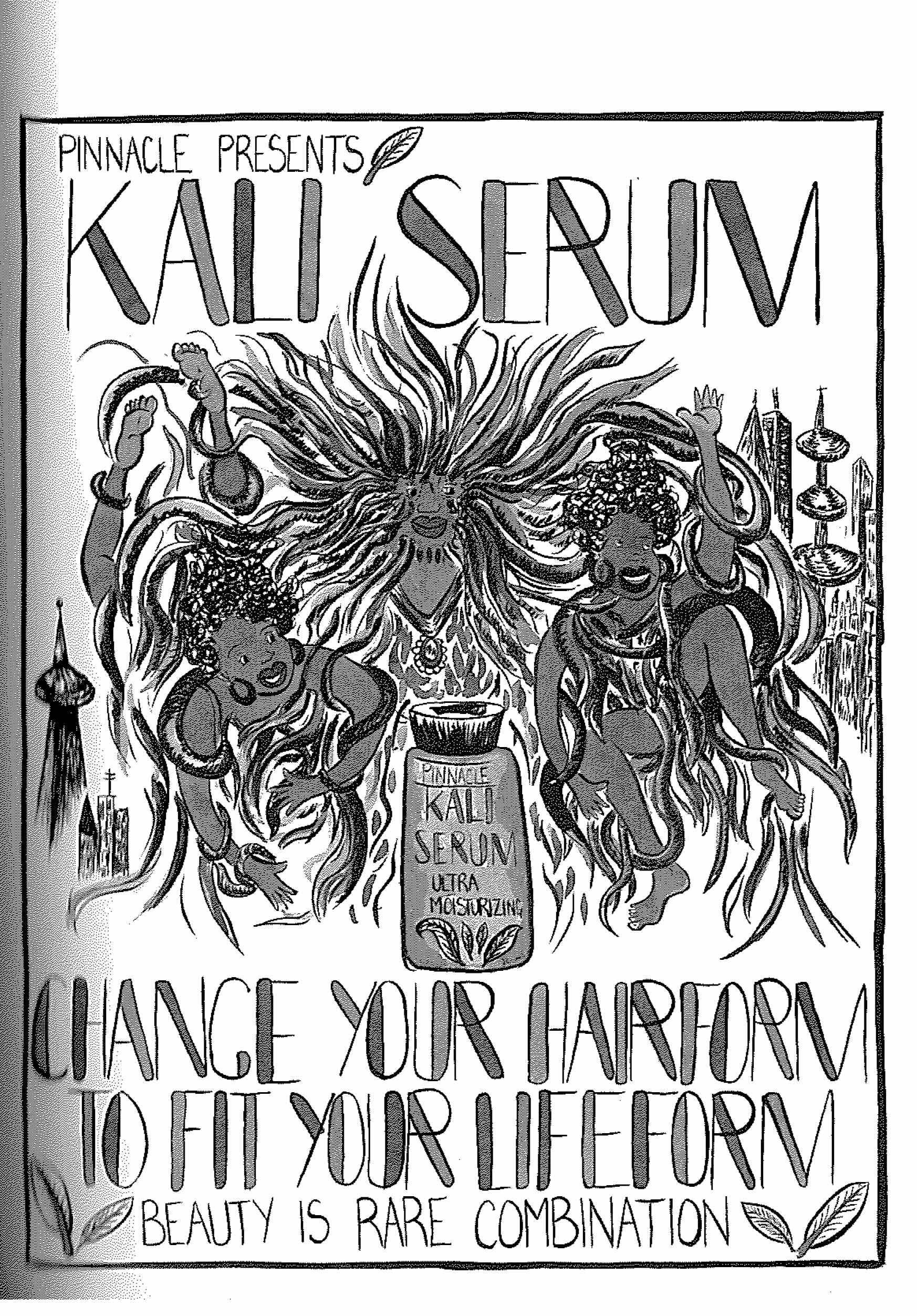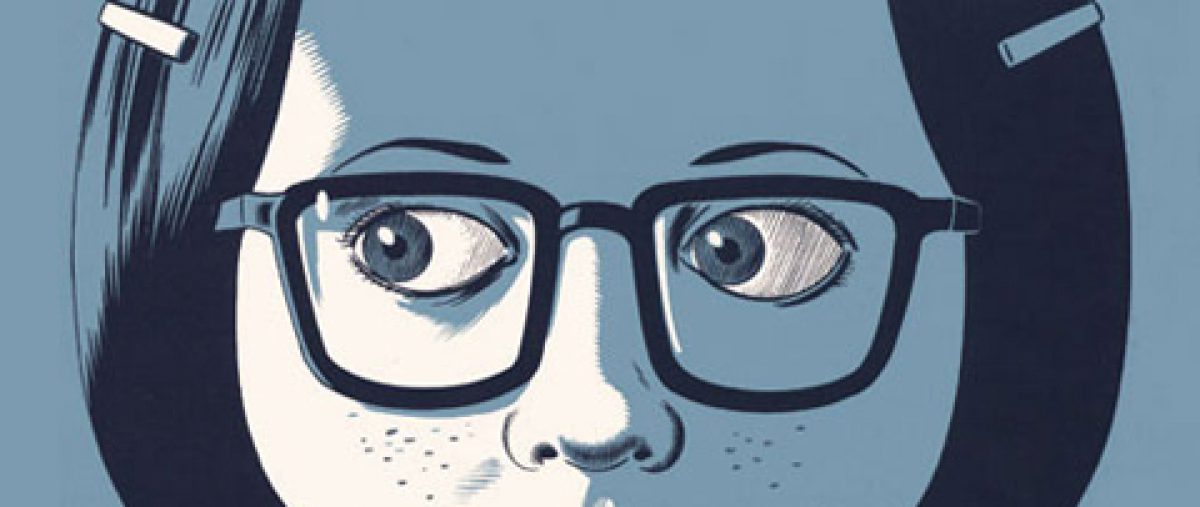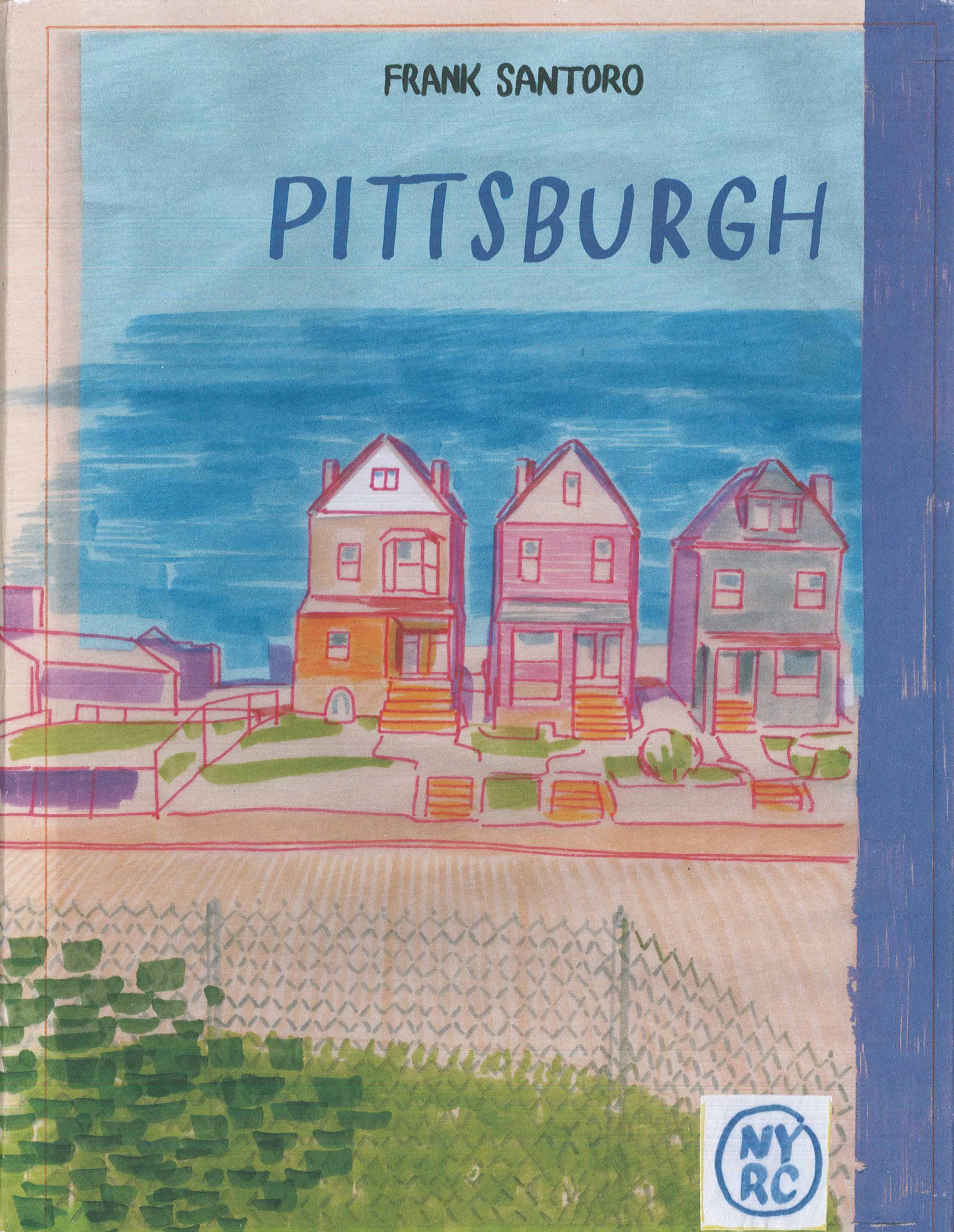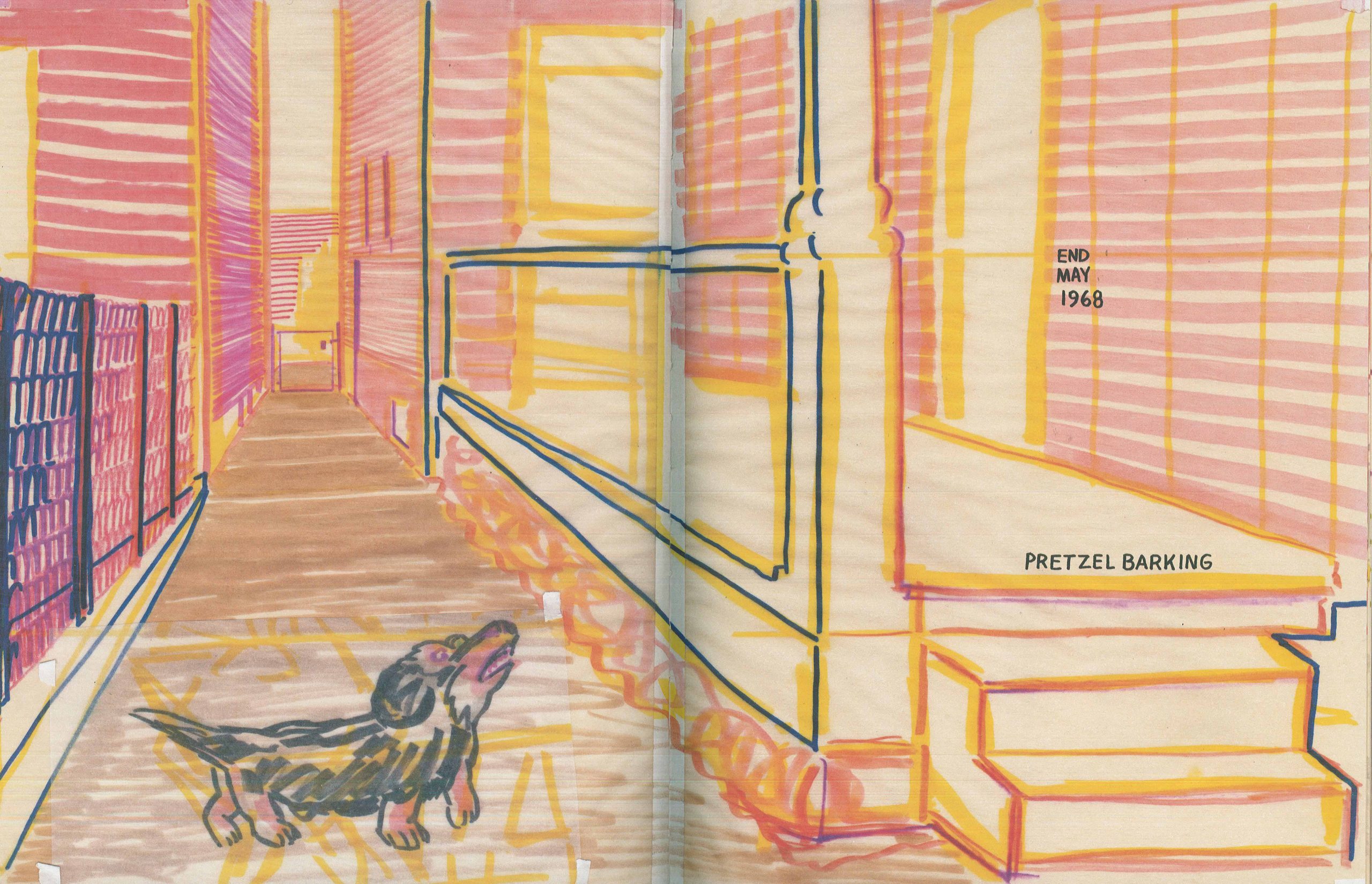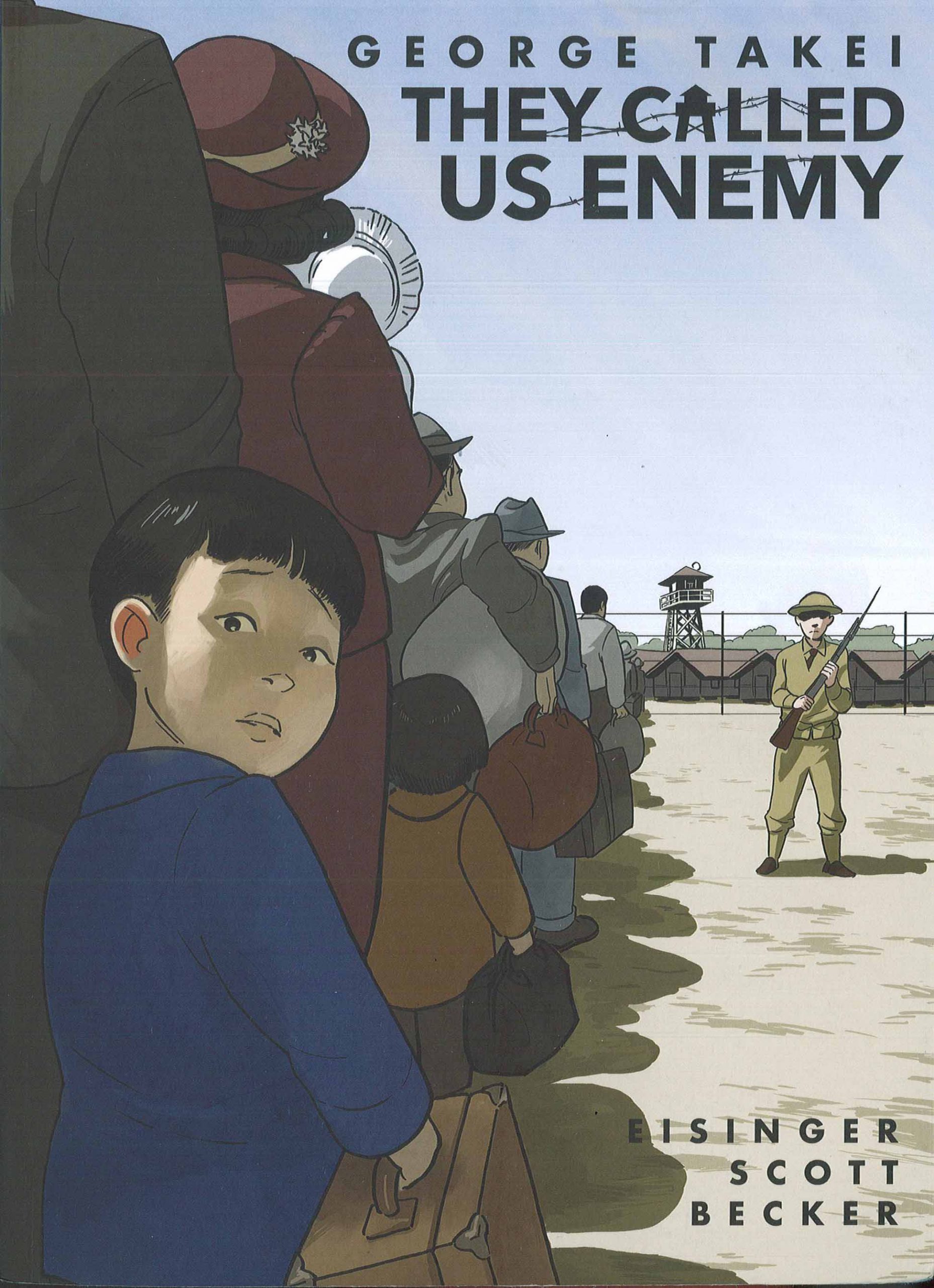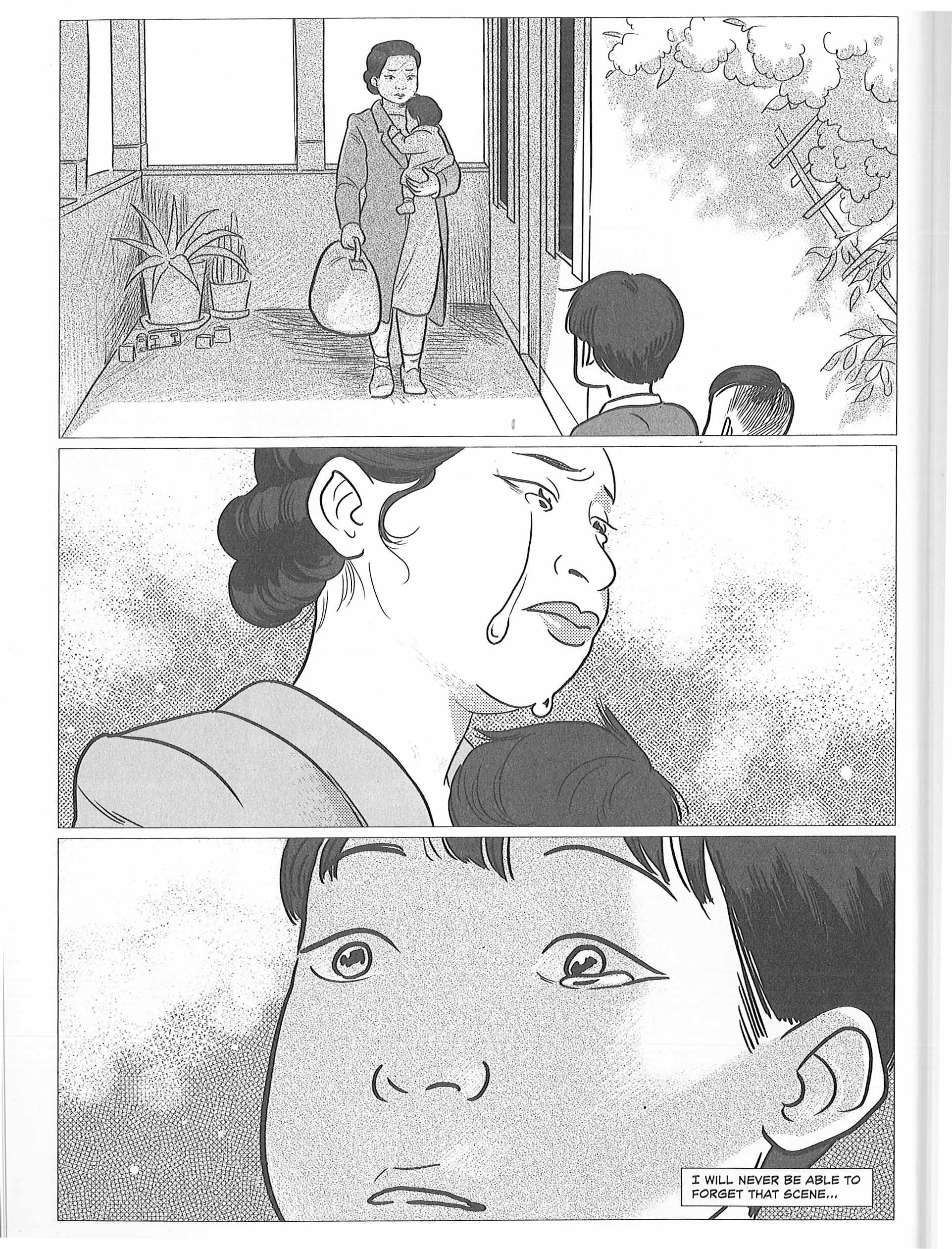“Hot Comb” by Ebony Flowers. Drawn and Quarterly, June 18, 2019. 184 pp. Paperback, $22.95. Teen to adult.
Thanks to Fables Books, 215 South Main Street in downtown Goshen, Indiana, for providing Commons Comics with books to review. Visit the store or contact them at fablesbooks@gmail.com to find or order this or any book reviewed on this blog.
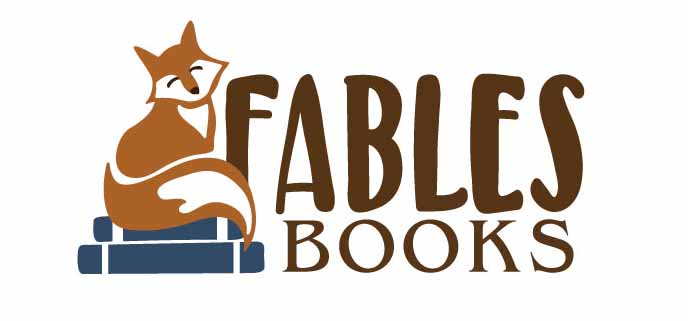
Quick note about upcoming workshops with comics artists I’ve reviewed: Frank Santoro, whose “Pittsburgh” I reviewed last month, will be giving a one-day free workshop in that city in March. And across the pond, Gabrielle Bell, whose “Everything Is Flammable” I reviewed in 2017, will be teaching a workshop in the French Pyrenees in June. That one’s not free, but surprisingly affordable given the setting, and scholarships are available.
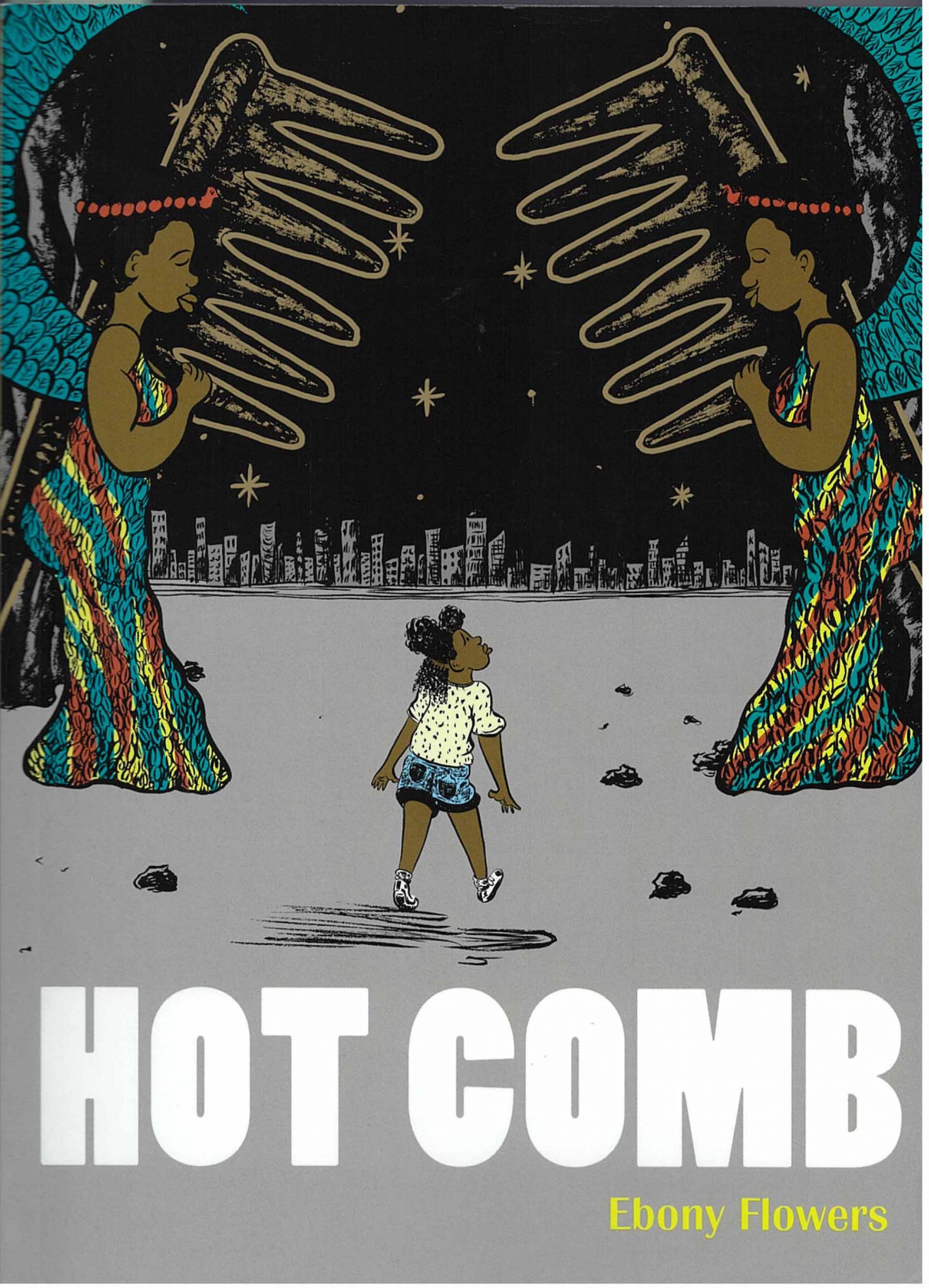
With her debut “Hot Comb” topping “best of 2019” lists at outlets from “The Guardian” and “Publishers Weekly” to “Forbes,” you might think that Ebony Flowers must have been a kid prodigy doodling incessantly, making zines, and setting her sights on becoming a cartoonist. The real story is that she drew her first comic only eight years ago, in 2012, when she signed up for a class taught by comics grande dame Lynda Barry.
Flowers had just landed at the University of Wisconsin-Madison to pursue a Ph.D. in Curriculum and Instruction, and signed up for Barry’s class on a whim. She ended up writing and publishing sections of her dissertation in comics form. She now calls herself “cartoonist, ethnographer, teacher” on her website.
“Hot Comb,” a collection of short stories with a good dose of autobiographical content, reads nothing like a dissertation. As you might guess, all of the stories center on hair. “It’s hard for me to disentangle my experience as a black woman . . . in America from my experience with hair,” Flowers explained to the “Chicago Tribune.” The stories address stereotypes, microaggressions, and structural racism, but also joy, self-love, and the way hair can help forge positive bonds between women of color, especially black women.
Flowers highlights that positive-negative tension in the segues between her stories, where she inks one-page parodies of the hair care advertisements that used to fascinate her as a child:
